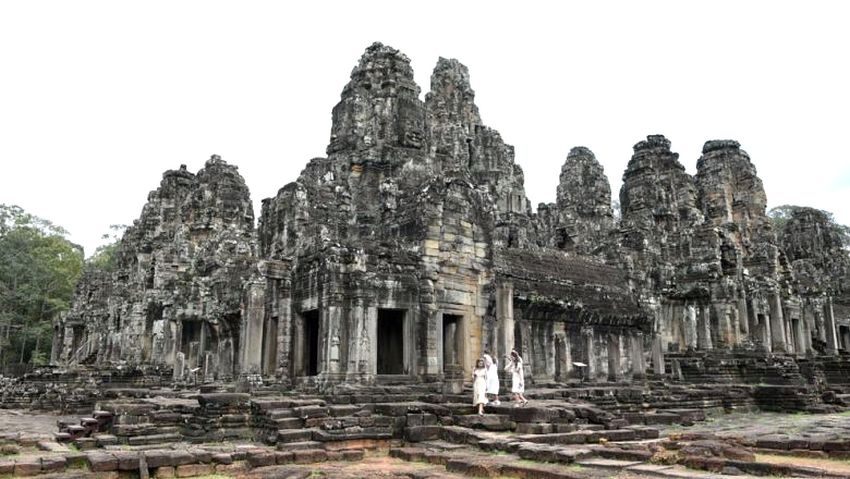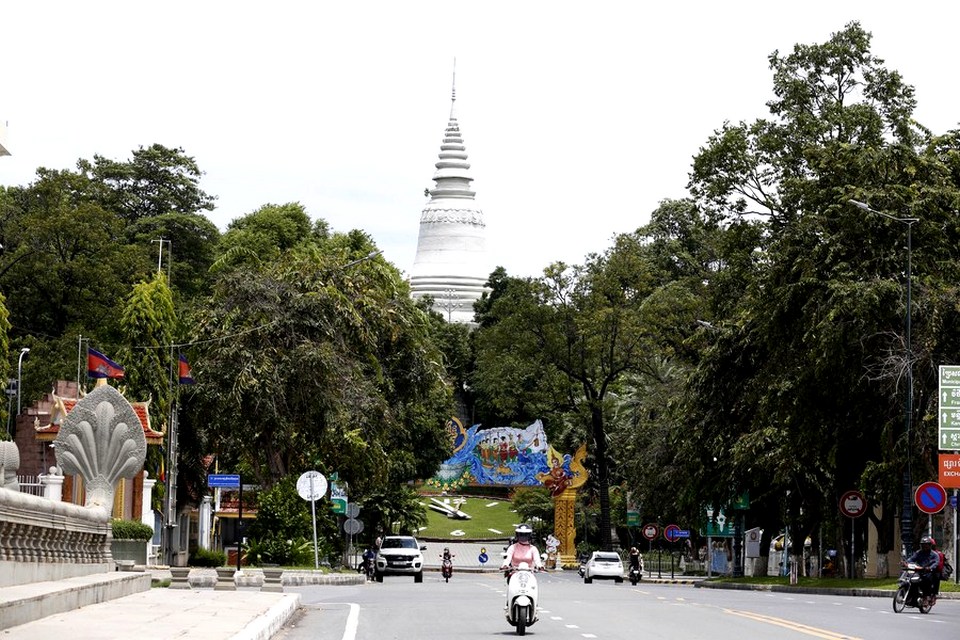
In a dramatic announcement on local radio, Cambodian premier Hun Sen said that, effective November 15, the whole country including Phnom Penh and Siem Reap, together with the famous temple complex at Angkor Wat, was fully open. A previous policy decision had restricted visitor entry until the end of January 2022 to the southern beach and gambling resort of Sihanoukville.
He also announced that fully-vaccinated tourists can now enter Cambodia by land, sea or air without any quarantine whatsoever. The new health requirement is a RT-PCR negative test result within 72 hours of departure, plus a more simple antigen test on arrival. The premier promised that tourists would be delayed only 20 minutes waiting for that test result. Phnom Penh Governor Khuong Sreng said the move was nothing less than brilliant and timely.
By comparison, Thailand is still insisting on one-night quarantine in hotels on arrival whilst a full RT-PCR test is administered and the result notified. Also, the detailed rules for the Thailand Pass entry certificate differ according to the country of departure, whilst alcohol consumption restrictions in Pattaya, Phuket and Bangkok are all different. There have also been numerous complaints about the Thailand Pass website, its ambiguities and its collapses.

However, a closer look at premier Hun Sen’s announcements reveal that there are still issues to be resolved there too. The various Cambodian embassies round the world have not yet updated their websites, with some stating tourism is still banned, whilst others are maintaining 3 or 7 days quarantine is still required. It is also not yet clear which particular visa short-term visitors will apply for, whilst the former popular model of “30 days visa on arrival” has not been reinstated. Applications to embassies are still the order of the day in both Cambodia and Thailand. You can’t simply turn up.
Nor has prior medical insurance been determined. Thailand imposes a minimum of US$50,000 cover for Covid related illness for all entrants with some, for example retirees, subjected to extra “all causes” general health cover. According to the Khmer Times, Cambodian officials have not yet decided whether the former rule about needing a cash deposit of US$2,000 and US$50,000 medical insurance will still be in place. Until now, all entrants were required to insure only with Forte, a Phnom Penh-based company, which apparently refused cover to anyone aged over 75. Lots to sort out there.
Local travel agents say the new rules, when clarified, are primarily aimed at Chinese tourists who are the mainstay of the foreign holidaymakers in Cambodia. At the moment, the Beijing government refuses to authorize package tours and discourages individual leisure travel abroad by imposing 14-21 days strict quarantine on returnees. Almost all vaccines in use in Cambodia are Chinese-made. The Chinese health authorities are said to be likely to permit holiday travel to Cambodia before any other destination. Truly a pilot scheme whenever it actually takes off.
 |
 |
 |





